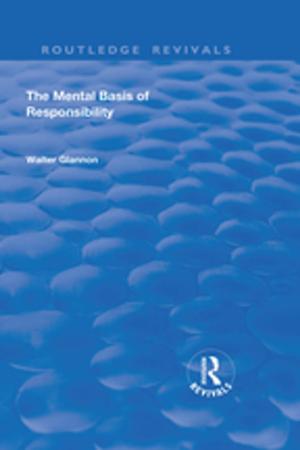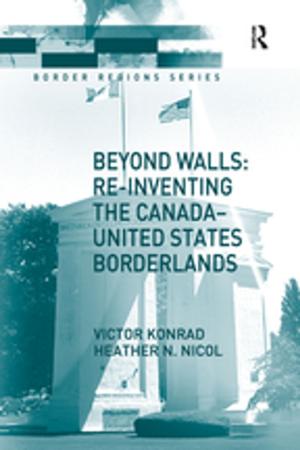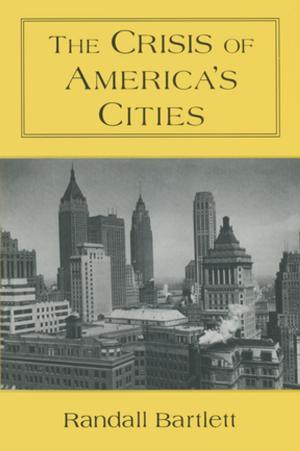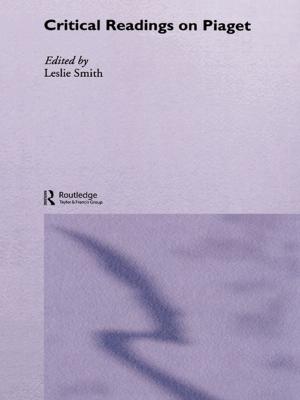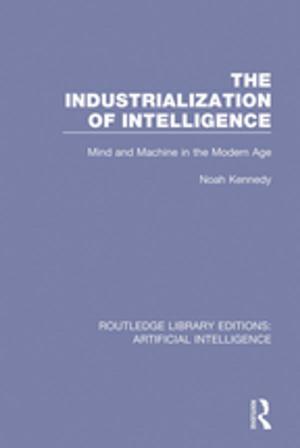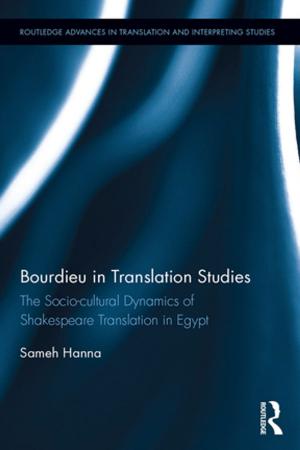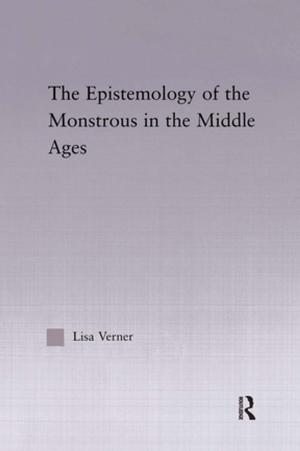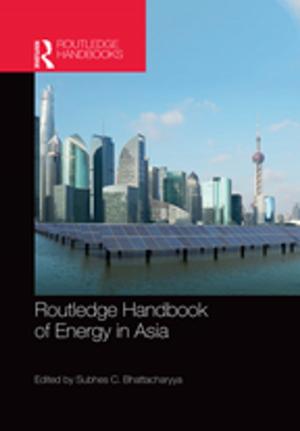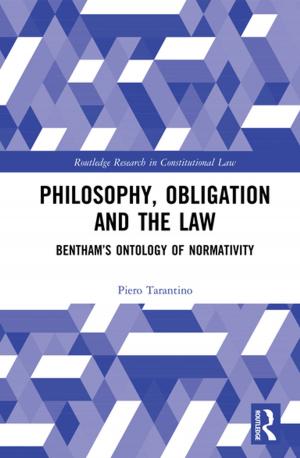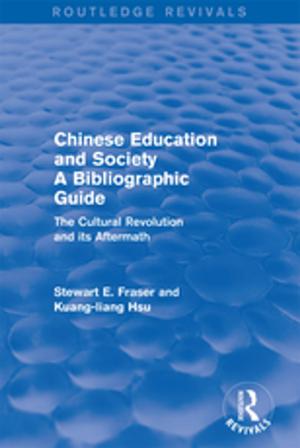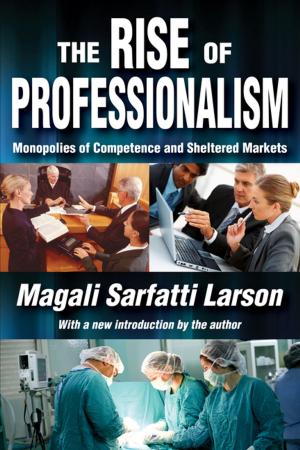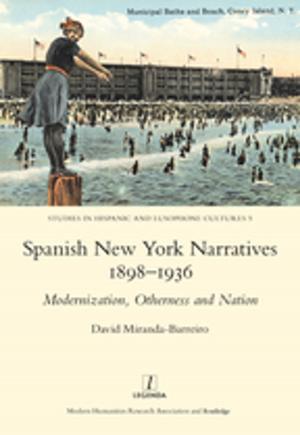The Role of Taiwanese Civil Society Organizations in Cross-Strait Relations
Nonfiction, Social & Cultural Studies, Political Science, International| Author: | Šárka Waisová | ISBN: | 9781317017196 |
| Publisher: | Taylor and Francis | Publication: | August 23, 2017 |
| Imprint: | Routledge | Language: | English |
| Author: | Šárka Waisová |
| ISBN: | 9781317017196 |
| Publisher: | Taylor and Francis |
| Publication: | August 23, 2017 |
| Imprint: | Routledge |
| Language: | English |
Despite the instability of the political relationship between Taiwan and Mainland China, cross-strait activities such as trade, education, marriage and travel have prospered. While the main focus of current academic research has been on security and economic relationships between the two governments, relatively little attention has been paid to social interactions or the role of civil society actors.
This book investigates the role of Taiwanese civil society organizations in shaping the relationship between Mainland China and Taiwan. It explores the role of civil society organizations (CSOs) in building confidence and peace and shows that Taiwanese CSOs hold a very complicated position which has in fact added to tensions. Waisová’s research looks closely at the roles civil society organizations play in conflict transformation, reconciliation and peacebuilding, the modalities of playing such roles, and the challenges facing them. It will be of interest to students and scholars researching cross-strait relations and also to conflict resolution think-tanks, policy makers and policy analysts.
Despite the instability of the political relationship between Taiwan and Mainland China, cross-strait activities such as trade, education, marriage and travel have prospered. While the main focus of current academic research has been on security and economic relationships between the two governments, relatively little attention has been paid to social interactions or the role of civil society actors.
This book investigates the role of Taiwanese civil society organizations in shaping the relationship between Mainland China and Taiwan. It explores the role of civil society organizations (CSOs) in building confidence and peace and shows that Taiwanese CSOs hold a very complicated position which has in fact added to tensions. Waisová’s research looks closely at the roles civil society organizations play in conflict transformation, reconciliation and peacebuilding, the modalities of playing such roles, and the challenges facing them. It will be of interest to students and scholars researching cross-strait relations and also to conflict resolution think-tanks, policy makers and policy analysts.

